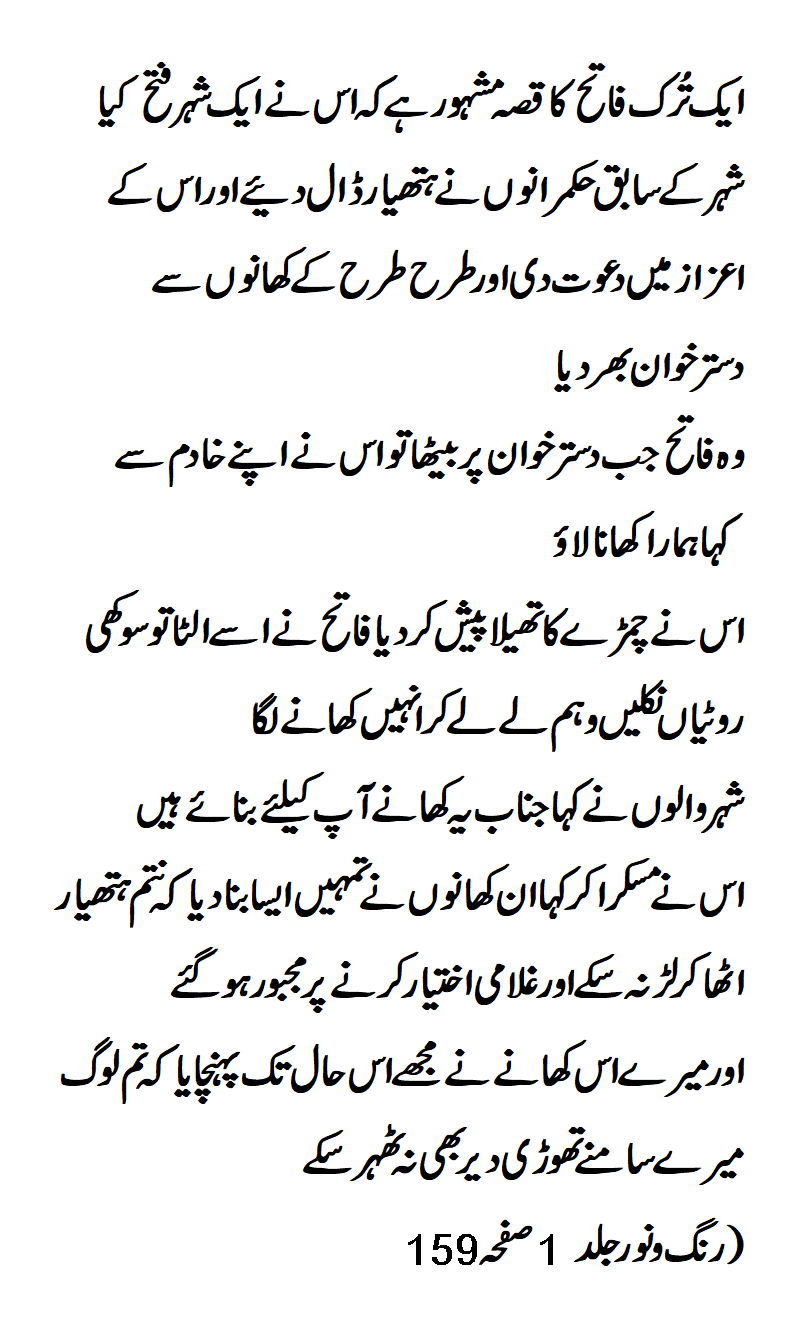Mehmed II, (born March 30, 1432, Adrianople, Thrace, Ottoman Empire—died May 3, 1481, Hunkârçayırı, near Maltepe, near Constantinople), Ottoman sultan from 1444 to 1446 and from 1451 to 1481. A great military leader, he captured Constantinople and conquered the territories in Anatolia and the Balkans that constituted the Ottoman Empire’s heartland for the next four centuries.
Mehmed was the fourth son of Murad II by Hümâ Hâtûn, an enslaved girl in Murad’s harem. At the age of 12 he was sent, as tradition required, to Manisa (Magnesia) with his two tutors. The same year, his father set him on the throne at Edirne and abdicated. During his first reign (August 1444–May 1446), Mehmed had to face grave external and internal crises.
The king of Hungary, the pope, the Byzantine Empire, and Venice—all eager to take advantage of the accession of a child to the Ottoman throne—succeeded in organizing a Crusade. Edirne was the scene of violent rivalry between the powerful grand vizier Çandarlı Halil, on the one hand, and the viziers Zaganos and Şihâbeddin, on the other,
who claimed that they were protecting the rights of the child sultan. In September 1444 the army of the Crusaders crossed the Danube. In Edirne this news triggered a massacre of the Christian-influenced Ḥurūfī sect and conjured up an atmosphere of panic and arson. When the Crusaders laid siege to Varna, the reigning sultan’s father was urged to come back from retirement in Bursa and lead the army.
The Ottoman victory at Varna under Murad II (November 10, 1444) put an end to the crises. Mehmed II, who had stayed in Edirne, maintained the throne, and after the battle his father retired to Manisa. Zaganos and Şihâbeddin
then began to incite the child sultan to undertake the capture of Constantinople, but Çandarlı engineered a revolt of the Janissaries and called Murad II back to Edirne to resume the throne (May 1446). Mehmed was sent once more to Manisa with Zaganos and Şihâbeddin, newly appointed as his tutors. There Mehmed continued to consider himself the legal sultan.
